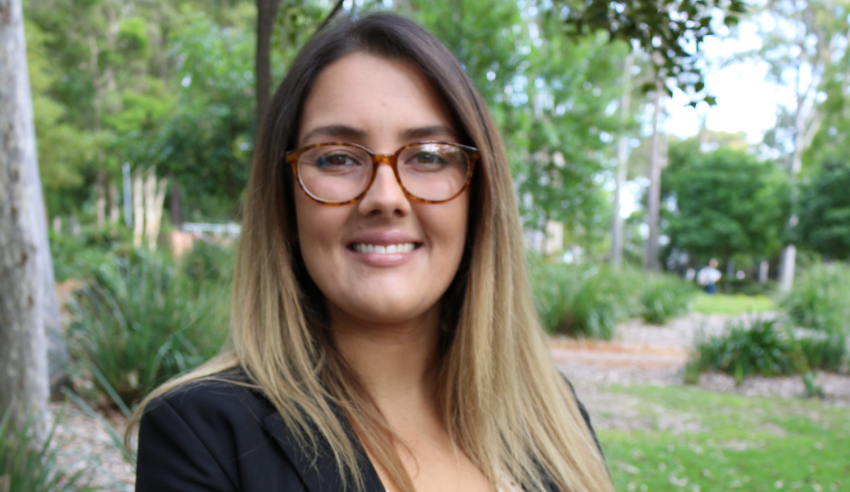Kathleen Folbigg has been branded Australia’s worst female serial killer but new research into the deaths of her four children, backed by the world’s leading experts, may instead make her Australia’s worst miscarriage of justice.

On this episode of The Lawyers Weekly Show, host Naomi Neilson is joined by solicitor Rhanee Rego to discuss the new scientific evidence that suggests Ms Folbigg has spent the past 18 years behind bars for crimes she never committed.
Backed by genomic testing, a group of eminent scientists have cast doubt on Ms Folbigg’s guilt and her 2003 conviction for the manslaughter of her son Caleb and the murders of her three other children, Patrick, Sarah and Laura. With a new petition, Ms Rego and others on Ms Folbigg’s legal team hope to see her free.
During this episode, Ms Rego shares the legal avenues still available to Ms Folbigg (whether a pardon is granted or not), explains how the controversial diary entries play into this new research, and discusses what Ms Folbigg’s potential wrongful conviction could mean for the justice system – including what should and shouldn’t be accepted as credible and reliable forensic evidence and research.
“This case should be of concern to everyone because it establishes that hard scientific facts can be pushed aside in preference of subjective interpretations of circumstantial evidence. That is scary and, frankly, one that every lawyer, every person, should be concerned about. It’s not just about Ms Folbigg,” Ms Rego said.
Ms Rego also examines how media and public perception play into a case like Ms Folbigg’s, the opportunities that wrongful convictions offer the legal system, how she herself got involved in Ms Folbigg’s matter, and much more.
Have a listen now!![]()
The crux of the petition is based on the full genomic sequencing of Ms Folbigg and all four of her children. It found that Ms Folbigg had a previously unreported mutation to the CALM2 gene designated G114R. The CALM2 gene controls how calcium is transported in and out of heart cells and studies have found variations can cause heart problems in young children. This was found in both Sarah and Laura.
Caleb and Patrick’s genomes showed a separate rare genetic variant in the BSN gene, with studies in mice linking it to early lethal epileptic fits. Patrick was diagnosed with epilepsy before his death and Caleb had a floppy larynx.
Have a question?
If you have any questions about this episode and Ms Folbigg’s case, send us an email at
If you like this episode, show your support by rating us or leaving a review on Apple Podcasts (The Lawyers Weekly Show) and by following Lawyers Weekly on social media: Facebook, Twitter, LinkedIn and our new Instagram.
If you have any other topics in mind or if you would like to lend your voice to the show, email
Plus, in case you missed them, check out our most recent episodes: